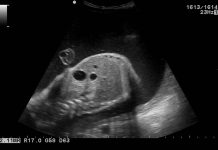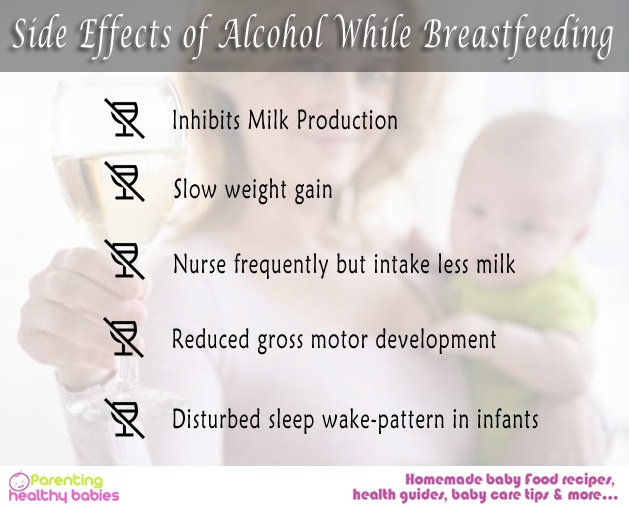Pediatricians strongly recommend that babies should be breastfed exclusively for the first 6 months. Many reasons such as the wholesomeness of breastmilk, immunity building antibodies in the breastmilk, reduces the risk of diarrhea, inflammatory bowel disease, celiac disease, gastrointestinal tract infections, decreases the risk of allergies, accelerates brain development in babies and more.
Pediatricians all over the world are now at a consensus that breast milk is the best milk a baby. Pediatricians now strongly recommend that an infant must be exclusively breastfed during the first one year or at least during the first 6 months of the infant’s life.

Exclusive breastfeeding has also been recommended by World Health Organization. In a report titled “Infant and young child nutrition” submitted by the Secretariat, clearly says that new born babies must be exclusively breastfed for at least 6 months to one year or longer. The report has highlighted that breastfeeding is an integral part of the reproductive process with important implications for the health of the mother as well. For optimal growth of babies, they should be put exclusively on breast milk for at least the first 6 months of life.
Here, exclusive breastfeeding has been earmarked or stressed upon by WHO. According to WHO, exclusive breastfeeding is defined as no other food or drink, not even water, except breast milk (including milk expressed or from a wet nurse) for 6 months of life, but allows the infant to receive ORS, drops and syrups (vitamins, minerals and medicines).
Some of the major reasons for exclusive breastfeeding during the first 6 months are that
- The breastmilk is complete or wholesome in all respects. It has sufficient nutrients, antibodies and water content to support the baby.
- Feeding your baby with other liquids or fluids can be harmful. The fluids or water might have contaminants. These contaminants might not harm an adult, but can easily overpower a baby’s immune system.
- Apart from causing diseases, nonhuman milk can cause allergies to your baby. You baby’s stomach has small pores in the intestine for the first 6 months. After the first 6 months, the pores close up and the baby is ready for solid foods.
- Also, breast milk helps in building up the immunity of your baby. Even when your baby is suffering from diseases such as diarrhea, he or she should be given only breastmilk. The reason being, breastmilk has enough fluid content in itself that it can regulate or compensate for the fluid loss that has occurred.
- Another reason for not suggesting water and other fluids for babies is that when the baby is given other fluids, they can interfere with the breastfeeding and the baby might not opt for breast milk anymore.
- Even during hot weathers, supplementary fluids or water is not recommended for babies. As breastmilk is about 96% water, it is sufficient for hydration purposes. Also, water and fluid supplements are associated with high risk of jaundice to newborns and infants.
- Giving water to your baby can interfere with the breastfeed cycle. When too much water is given, baby’s stomach is filled with water and gives the sensation of being full. Water has neither calories nor any nutrition, which babies need the most. This results in weight loss.
- As breastmilk reduces the incidence of allergies, it is recommended that babies must be breastfed while new solid foods are being introduced.
With these recommendations, it is clear that infants must be exclusively breastfed for the first 1 year or at least the first 6 months.












